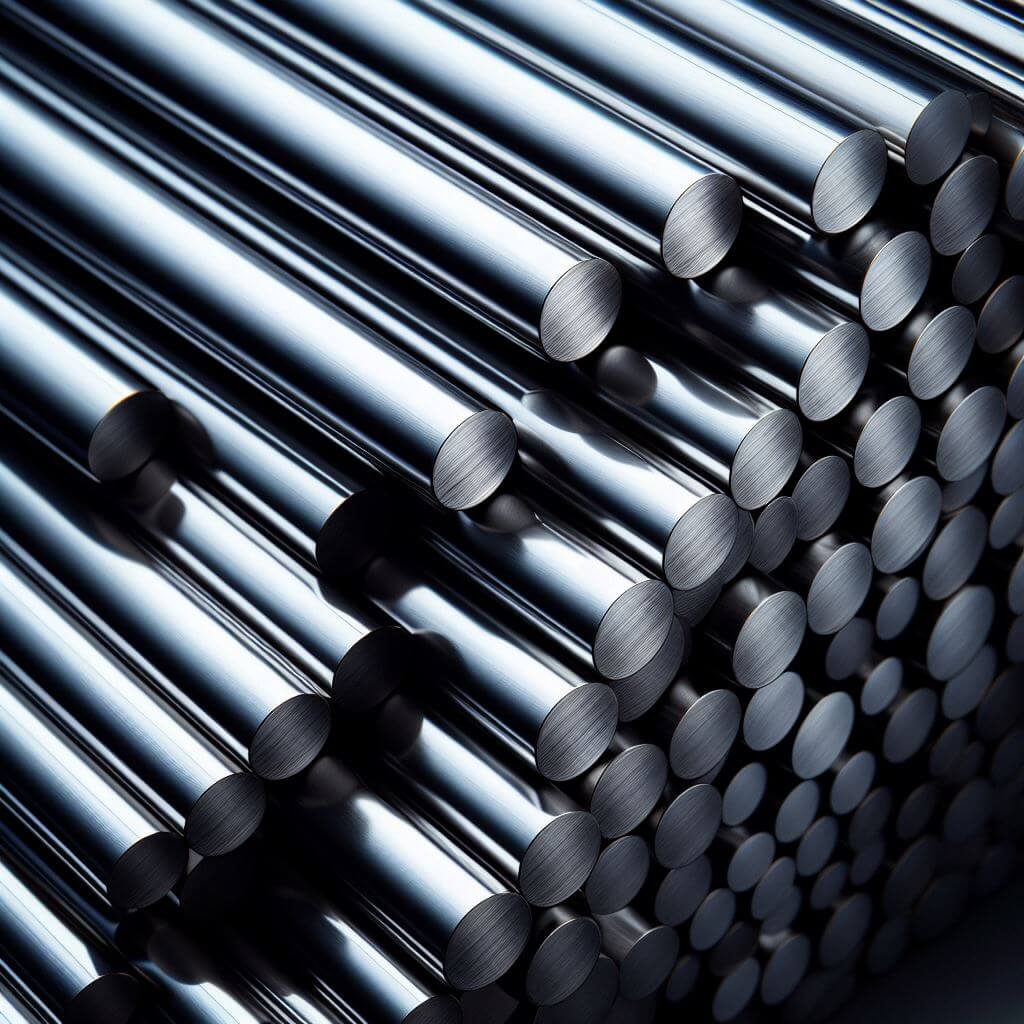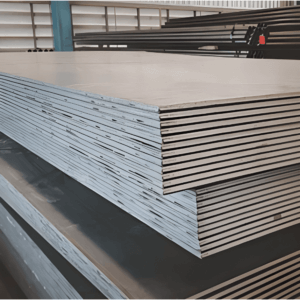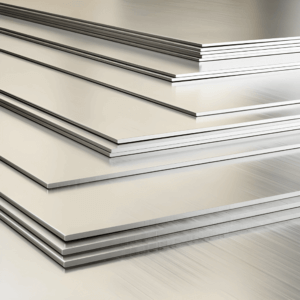Duplex Stainless Steel F55
Duplex stainless steel F55, also known as UNS S32760, is a super duplex stainless steel. Renowned for its exceptional corrosion resistance, particularly against pitting and crevice corrosion in seawater and chloride-rich environments, it reigns supreme. Notably, it boasts high strength and an extended lifecycle, further enhancing its appeal. With a weight advantage of 10% over grade 316 steel, it emerges as an optimal choice for sub-zero applications. Moreover, its cost-effectiveness relative to nickel alloys underscores its economic viability. The versatility of stainless steel F55 extends to ease of machining and welding, ensuring seamless fabrication processes.
Duplex stainless steel F55 / UNS S32760 / W.Nr. 1.4410
Applications of stainless steel F55:
- Marine Industry and Shipbuilding: Propellers, shafts, rudders, shaft seals, pumps, bolts, fasteners, valves, instrumentation.
- Oil & Gas: Pumps, valves, pipe, vessels, wellhead equipment, subsea equipment.
- Pollution Control Systems: Fans and pumps, wet scrubbers, incinerators, flue gas desulphurisation (FGD).
- Pulp & Paper Industry: Black liquor heater tubes, digester blow valves, rotary feed valves, I.D.fans, brownstock washers, precipitators, bleaching components.
- Food Industry: Sugar cane centrifuges, corn and vegetable processing plant.
- Agrochemicals Production: Components in nitric acid, dioxide, polypropylene & PVC production, caustic evaporators.
Normal product forms:
- Round, Square, Hexagon, Flat Bars & Wires
- Seamless / Welded Pipes & Tubes
- Hot & Cold Rolled Plates & Sheets
- Forged Bars
- Forged Flanges
- Pipe Fittings
- Fasteners
Specifications/Standard: EN 10088-3 1.4501 and ASTM A182 F55, NORSOK D51 to D55
Chemical Composition:
- Iron (Fe): Balance
- Chromium (Cr): 26%
- Nickel (Ni): 8%
- Molybdenum (Mo): 4%
- Copper (Cu): 1%
- Tungsten (W): 1%
- Manganese (Mn): 1% max
- Silicon (Si): 1% max
- Nitrogen (N): 0.3% max
- Carbon (C): 0.03% max
- Sulfur (S): 0.015% max
- Phosphorous (P): 0.035% max
Physical Constants and Thermal Properties
- Density: 7.8 g/cm³
- Specific Heat Capacity at 20°C: 470 J/kg-K
- Mean Coefficient of Thermal Expansion at 20 – 100°C: 13 µm/m-K
- Thermal Conductivity at 20°C: 15 W/m-K
- Electrical Resistivity at 20°C: 0.80 Ω.mm2.m-1
- Modulus of Elasticity at 20°C: 200 GPa
Mechanical Property:
- Tensile strength: 730-930 MPa
- Proof strength: 530 MPa
- Modulus of elasticity: 200 GPa
- Elongation at break (in 50 mm): 25%




